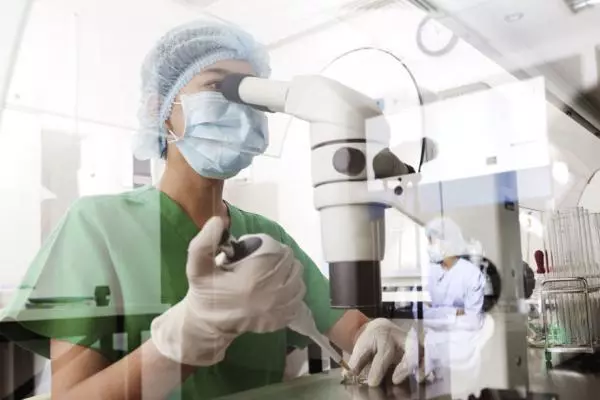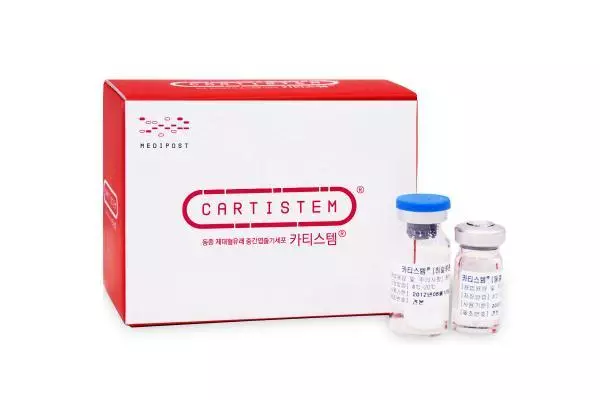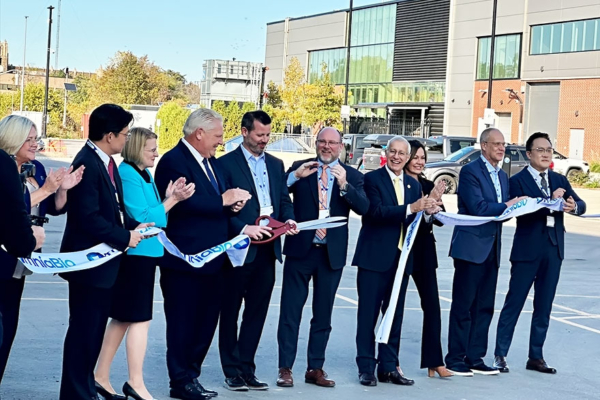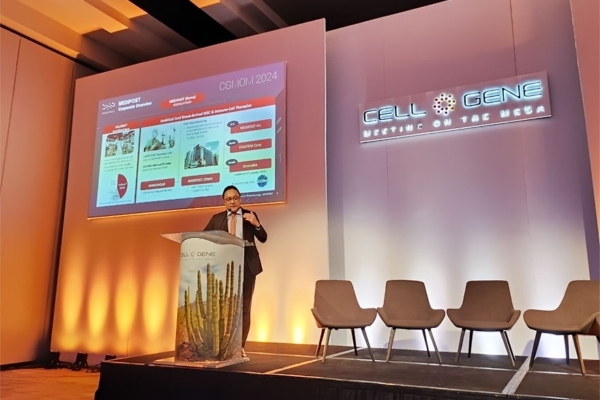Guus Hiddink, the legendary soccer coach who led the Korean national team to the semifinals at the 2002 World Cup Korea-Japan, has been reborn as a figure symbolizing excellence of Korean stem cell treatment. Hiddink, who was suffering from severe arthritis, had his knee cartilage almost completely worn out.
Rejecting recommendations to take an artificial joint surgery by hospitals in the U.S. and Germany, Hiddink chose to take stem cell treatment in Korea. He started treatment in January this year, and was declared as having fully recovered from the illness 10 months later.
The treatment that gave coach Hiddink a second life is CARTISTEM® that is made from cord blood stem cells. CARTISTEM® developed by bio venture firm MEDIPOST received product licensure as treatment for knee cartilage, which has been damaged due to degenerative conditions and repeated injuries, from the Korea Food and Drug Ministry in January 2012.
It was the first to receive licensure among stem cell treatments in the world. The treatment is undergoing clinical trials in the U.S. to acquire licensure from the Food and Drug Administration. Despite a highly costly price that is not covered by the national health insurance system, the treatment has been used in more than 1,600 patients thus far.
Stem cell treatments developed in Korea include Hearticellgram, a treatment for cardiac infarction, and Cupistem, a treatment for fistulous opening (a disease that causes holes in tissue between rectums and anus), as well as CARTISTEM®. Hearticellgram and Cupistem use stem cells from tissues of the patient’s own body.
Umbilical cord stem cells and autologous stem cells do not derive from human eggs and hence are free from controversy of bioethics. They are results of steadfast research and investment in stem cells by Korean biotech firms.





